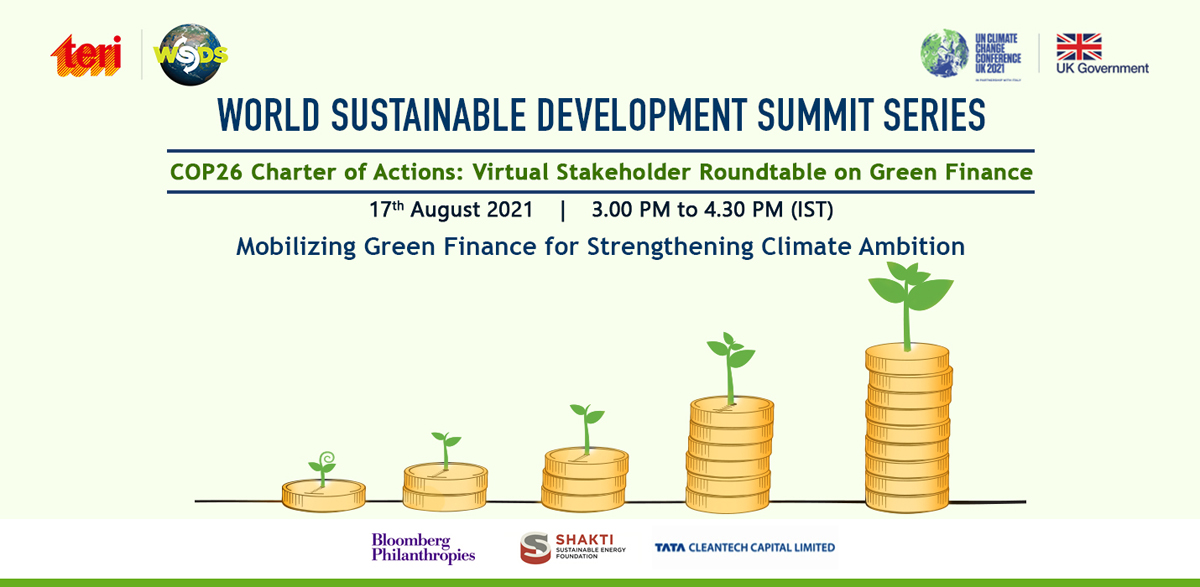
While over the years, progress was made on achieving the US$ 100 billion per year target, overall this goal was not met. There is a catalytic role that well-designed market and non-market mechanisms, along with financial instruments and voluntary initiatives, can play in facilitating this. But, with clarity on Article 6 of the Paris Agreement still being elusive, the various mechanisms being developed and launched are disassociated from each other, and the aim of international cooperation for enhanced climate ambition through these, and their ability to reach the full potential, is limited. At present, some critical interventions and support needed by the global South for transitioning to low carbon pathways, is not covered under the several prevailing definitions of climate finance. In India, these include support measures for improving operational efficiencies of high-emitting industries, building cross-sectoral climate resilience and green infrastructure for rural development, which have the potential to generate sizable amounts of robust carbon mitigation assets. With the Global Stocktake drawing close, especially in the wake of the pandemic recovery, addressing these gaps will take centre-stage.
The 26th UN Climate Change Conference of the Parties (COP26), to be held from 1–12 November 2021 in Glasgow will aim to mobilize the action on mitigation, adaptation, and resilience, and strengthen the narrative for better alignment with sustainable development goals. TERI is preparing a COP26 Charter of Actions which will assimilate questions and challenges posed by keys sectors in India. The Charter will also propose probable and sector specific options which can advance climate action and ambition in the country.
With the above background, a stakeholder roundtable will be organized with the following objectives.
The Energy & Resources Institute
6C, Darbari Seth Block, India Habitat Centre, Lodhi Road
New Delhi - 110 003 India
Email : wsds@teri.res.in
Ph. : +91 11 24682100 (Ext. : 2467)